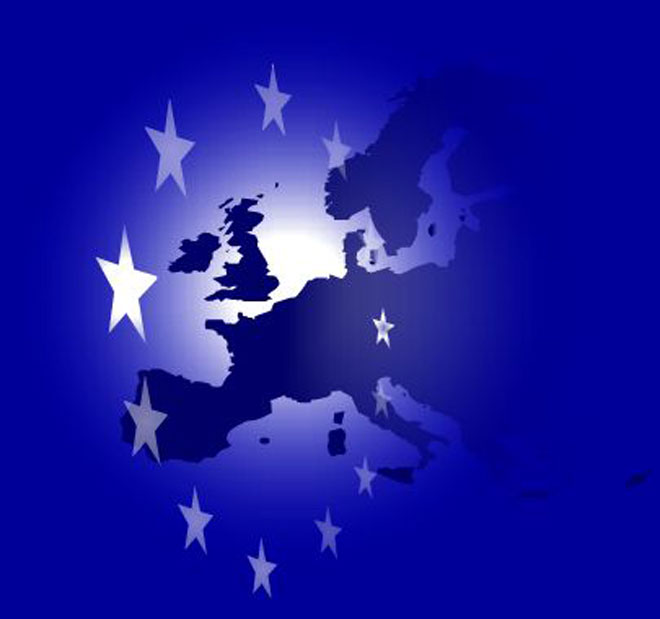Azerbaijan, Baku, March 4, Trend , A. Badalova
One of core elements of European Union's energy policy today is the provision of energy security of European countries. This question was raised most sharply after, in the beginning of 2009, there emerged a gas crisis, which forced Europe to seek actively alternative ways of fuel supply to European market.
Today, the 'Southern Corridor' remains the utmost priority and saving option for Europe to diversify energy supply routes. Gas pipeline Nabucco, which currently is the main element of the Southern Corridor Project, is considered by Europe the only project that will allow to diversify either sources or routes of gas supply.
Europe, on behalf of the European Commission, has declared importance of this project repeatedly and announced its support to implementation of the project. In one of his early statements, Gunther Oettinger, the new European Commissar for energy issues, said the EU continued to back project Nabucco believing it to be its priority. Though Oettinger called the project of gas pipeline South Stream 'excellent' as well, nevertheless, he said only project Nabucco would receive financial aid from the European Commission.
Having stated that these two projects are not regarded as one competing with the other, the European Commissar let know that Europe, due to an increase of demand in energy in future, would be needing supplementary supplies and that's why Europe is not going to give up projects, which will give it the opportunity to diversify energy import routes. Nevertheless, having said project Nabucco is the priority, he also clearly let know that the matter of diversification of supply sources and reduction of dependence on Russian gas remained of paramount importance for Europe.
The bigger part of Europe's gas import comes from Russia whose share was 23 percent in 2008. The rest part of the gas was imported from Norway, Algeria, Nigeria and Libya. According to forecasts by the European Gas Union (Eurogas), Europe may increase gas import up to 74 percent of total consumption by 2030
Nevertheless, the International Energy Agency (IEA) forecasts that over next 5 years Europe will have redundant gas supply, which may reach to 200 billion cubic meters by 2015. Along with that, the IEA forecasts that the demand in Russian gas in the region will be decreasing due to an increase of shale gas extraction in the U.S. and of pressed gas supply.
Nabucco gas pipeline project is worth €7.9 billion. Participants of the project are Austrian OMV, Hungarian MOL, Bulgarian Bulgargaz, Romanian Transgaz, Turkish Botas and German RWE companies. Each of participants has equal share to the amount of 16.67 percent. Construction of gas pipeline is planned to be launched in 2011, the first supplies - in 2014. Maximal capacity of the pipeline will hit 31 billion cubic meters per year. Nabucco Gas Pipeline International shareholders will invest 30 percent of total cost of the project, the rest 70 percent will be paid owing to loans.
South Stream worth 25 billion euros provides for the delivery of Russian gas to South and Central Europe across the Black Sea. The project's main participants are Russia's Gazprom and Italy's ENI. The pipeline is expected to launch in 2015. Its maximum capacity will be 63 billion cubic meters per year.






